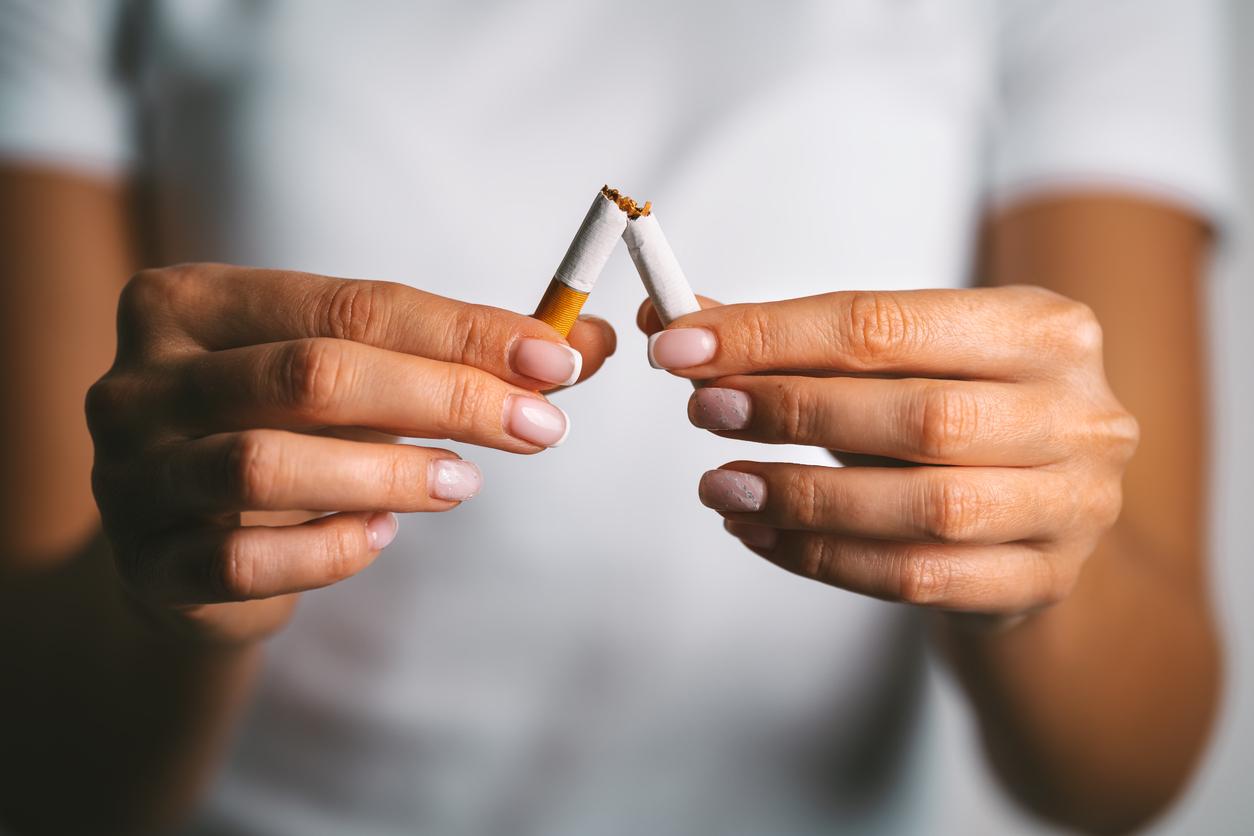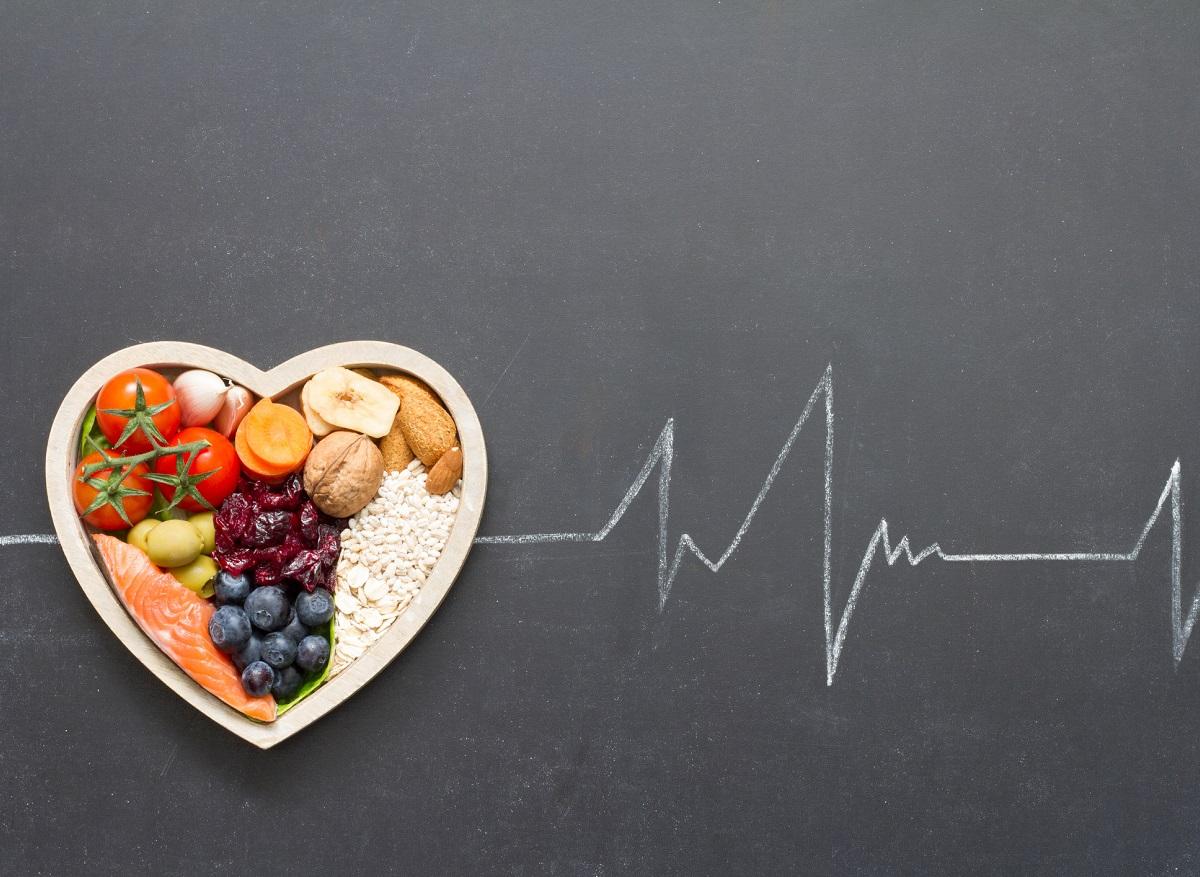Taking the time to live seems to be the key to better cardiovascular health. Those who take naps and those who avoid coffee have less high blood pressure.

A midday nap, plain water and not too much coffee: this is a cocktail that should protect the arteries and the heart. It is not just physical activity that influences the risk of cardiovascular disease: eating habits and sleep too. And the simple fact of consuming too much carbonated drinks would expose to cardiac arrests. It is one of the associations highlighted and presented at congress of the European Society of Cardiology (ESC) which takes place in London (United Kingdom) from August 29 to September 2.
Soft drinks are positively and significantly associated with cardiac arrests that occur outside of the hospital. The first conclusions, drawn from the register All-Japan Utstein Registry, which involves 800,000 Japanese patients, were presented by cardiologist Keijiro Saku. Half of the cardiac arrests recorded had a cardiac origin. If they are linked to the consumption of carbonated drinks, this is not the case for non-cardiac arrests (tumors, respiratory diseases, etc.). For Professor Saku, the conclusion is simple: “The drinks consumed can have an impact on fatal cardiovascular diseases. The acidity of soft drinks can play an important role in this association. “
Coffee in moderation
The heart is not the only one to suffer from bad eating behaviors. The arteries are also affected by a drink regularly promoted for its virtues on the brain: coffee. According to a study carried out in Italy on 1,200 adults (18-45 years old) suffering from moderate and untreated hypertension, 4 cups of this beverage are likely to worsen hypertension… and to promote prediabetes (1).
Heavy coffee drinkers (4 cups / day or more) see the probability increase by 100% over a 12-year period. But not all are exposed to the same risk: patients with the CYP1A2 gene, which slows the absorption of caffeine, have the highest risk. “People who metabolize coffee slowly have a longer exposure to the harmful effects of caffeine with an impact in particular on glucose metabolism,” explains Lucio Mos, co-author of the study. The risk is even higher if they are overweight or obese, and if they consume a lot of coffee. The effect of coffee on prediabetes therefore depends on daily consumption and the genetic background. “
The virtues of the nap
To treat your arteries, it is better to take the time to relax and rest. A study carried out in Greece, at the Asklepion Voula general hospital in Athens, preaches in this direction. Patients who take the time to take a nap around noon are able to reduce their high blood pressure and take less medication.
386 patients with arterial hypertension took part in this study. Among them, those who take naps have a 24-hour blood pressure reduced by 5% (6 mm of mercury). The effect is particularly marked during periods of sleep. Their arteries are also more flexible: the pulse wave speed (marker of arterial stiffness) decreases by 11% thanks to the nap.
“These results suggest that midday naps have arteries and hearts less damaged by high blood pressure,” concludes Dr Manolis Kallistratos. The nap is a habit that is almost a privilege today, because of the pace of work from 9 am to 5 pm. But the real question is: is it just a habit or is it also beneficial? If recent work is to be believed, the answer seems to be the second. At least here, former British Prime Minister Winston Churchill has shown the example.
(1) Prediabetes : This term is used when a person has several risk factors for diabetes, such as high blood sugar, high blood insulin, high cholesterol, high blood pressure, or belly fat.
.

















